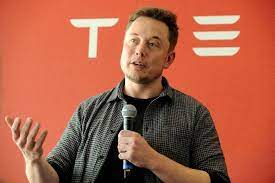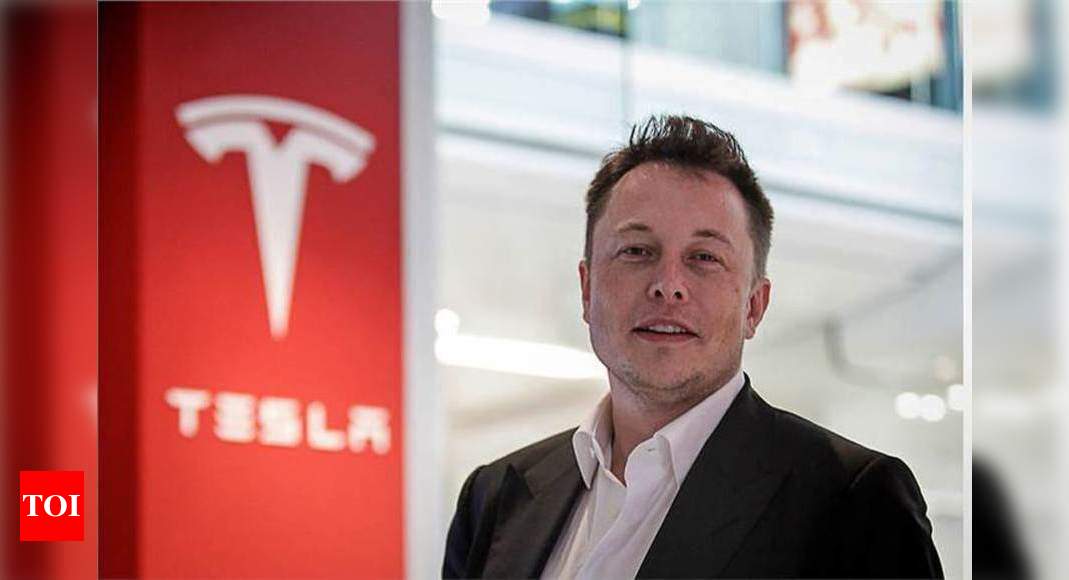Elon Musk Deserves to Lose His Fight With Twitter
By Llam Denning
On Tuesday, US judge Kathaleen St J McCormick is scheduled to hear lawyers representing Twitter argue for a speedy trial in its lawsuit against Elon Musk, while those on Musk’s side seek to punt the case to next year. Let’s hope McCormick wants to get it over with.
Twitter’s complaint is worth reading in full. It tears apart Musk’s various reasons for backing out of buying the company in the way a lion might mangle an antelope with three legs and a weight problem. Musk’s counterarguments are less than compelling, and he created an ample digital paper trail, mostly on the very platform he sought to buy. This is no case of he said/she said but rather he tweeted/and then he tweeted some more.
Musk’s central contention that he was blindsided by the problem of bots on Twitter? There’s a tweet for that.
Twitter has it right: their client signed a merger agreement that had nothing to do with bots

Twitter’s lawyers lay out the increasingly expansive demands from Musk’s advisers as the deal progressed, alleging quite convincingly that this was a ruse to give Musk an excuse to withdraw. The request for a working copy of the valuation model of Twitter’s own bankers stands out as a badge of deep unseriousness. The response to Twitter’s complaint, filed on Friday, echoes this approach: Musk’s lawyers request a more detailed — and sloooow — examination of the bots issue, which is what they would like the case to be about. But Twitter has it right: their client signed a merger agreement that had nothing to do with bots.
Read also : Elon Musk Hints at Reduced Offer Price for Twitter
Twitter alleges more evidence of foot-dragging. On page 46 of its complaint, its lawyers detail concerns that Musk was taking his time securing the necessary loans. On 23 June, Musk informed the company’s management that he had fired from his deal team Bob Swan, former chief executive of Intel, “as we are not on the same wavelength”. One can only assume that was an accurate observation.
Buyer’s remorse
Nonetheless, coming two months after the binding offer was signed and with Musk already signalling buyer’s remorse (on you-know-where), Twitter was rightly alarmed at the departure of a senior adviser. This was compounded when Musk also demanded cash-flow projections for his lenders that he should have sought much earlier — suggesting, at best, a shambolic approach to a US$44-billion deal and, at worst, a lack of interest in completing the deal. Musk added the helpful insight that debt issuers “are much more conservative than equity issuers”. One can only imagine the temptation for Twitter’s advisers to text back: “Thanks for the tip, bud.”
Musk’s lawyers also complained that Twitter fired certain staff without his consent. And yet, according to Twitter, he not only signed away that right but also texted the company’s chairman on 28 April that his “biggest concern is head count and expense growth”. Not a tweet that time but, assuming the text is verified, still a product of those remarkably incontinent thumbs.
The whole ordeal has been straightforward to the point of banality. A billionaire signed on to buy a company and then regretted it when the market moved against him. Or, as Twitter’s lawyers framed it:
Read also : Nigerian B2B Marketplace Betastore Raises $2.5M To Help Informal Businesses With Stock-Outs, Funding
“Having mounted a public spectacle to put Twitter in play, and having proposed and then signed a seller-friendly merger agreement, Musk apparently believes that he — unlike every other party subject to Delaware contract law — is free to change his mind, trash the company, disrupt its operations, destroy stockholder value and walk away.
Related aspects of this case, ranging from whether it’s a good idea for Musk to own Twitter to whether there’s a financial settlement to be had, are interesting but shouldn’t distract from the fundamental question. Namely, does Musk get to live by his own set of rules?
Musk’s most committed fans admire his ability to seemingly shrug off conventions and regulators. Under this way of thinking, Musk’s business achievements mean that society should tolerate his foibles. But this is nonsense. Yes, he is fostering a revolution in electric vehicles. But he has been richly rewarded for that. Indeed, given that Tesla has shed almost $460-billion of value over the past six months yet still trades at 66 times forward earnings, one could say he has been rewarded well in advance of his achievement. No other perks are required.
Most importantly, for most of its 12 years and counting as a public company, Tesla survived on regular doses of new cash from investors. Musk’s success, like that of many entrepreneurs in the US, has relied to a huge degree on his access to the deepest pool of equity capital on the planet.
What explains the remarkable strength of the US public markets? One critical element is a set of laws and guidelines designed to ensure, among other things, that when someone signs a binding agreement they complete it in good faith. To assume that one can reap the benefits of a financial system built painstakingly by others over decades but then flout the rules that make it work when they become inconvenient requires a special audacity.
Read also : Egyptian Fintech Telda Gets Final License To Issue Prepaid Card
We are at a moment when the ability of US institutions to uphold our most fundamental laws and norms is being questioned. Musk’s newfound apparent enemy, former US President Donald Trump, continues to push his corrosive lie about the 2020 election and, thus far, seems to pay no price. By comparison, the buyout of Twitter is small beer. But there are parallels in the cultish worship of these two men and their obvious disdain for the rules, due in no small part to their liberal use of social media. Musk is entitled to a fair hearing, and his lawyers may yet reveal some worthwhile arguments. But the ones deployed to date don’t bode well. Rather, they offer ample reason for the judge to expedite the trial and demonstrate that the laws that benefit us all, very much including Musk himself, aren’t to be toyed with.
Liam Denning. is an Energy Columnist, Bloomberg Opinion. Bloomberg LPUniversity of Cambridge
Kelechi Deca

Kelechi Deca has over two decades of media experience, he has traveled to over 77 countries reporting on multilateral development institutions, international business, trade, travels, culture, and diplomacy. He is also a petrol head with in-depth knowledge of automobiles and the auto industry





